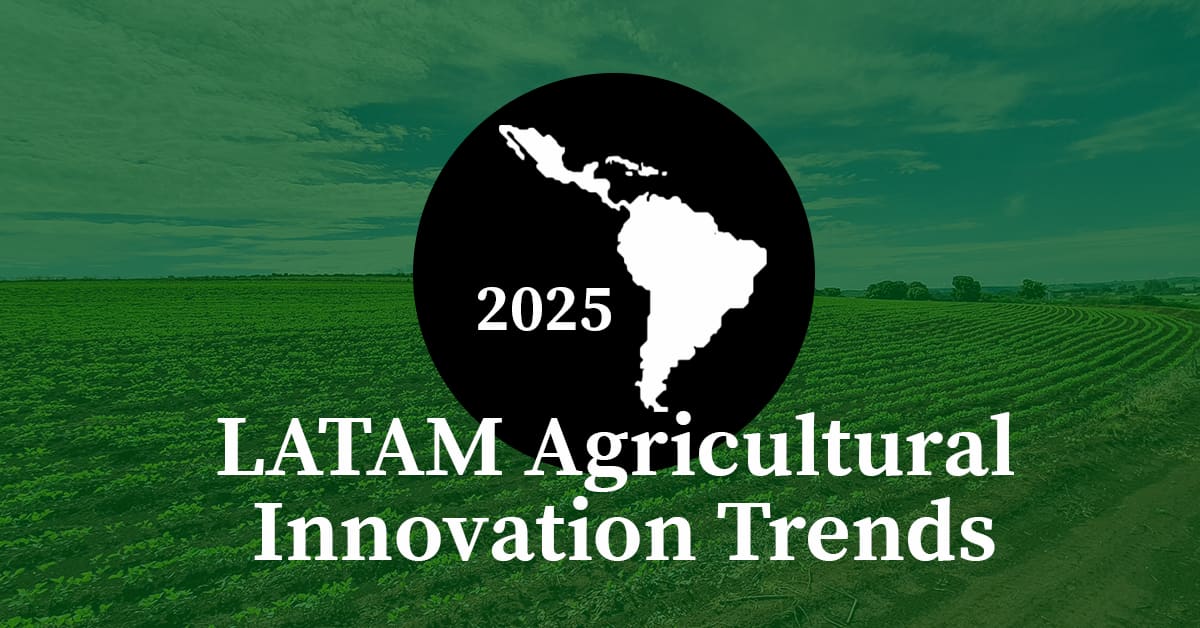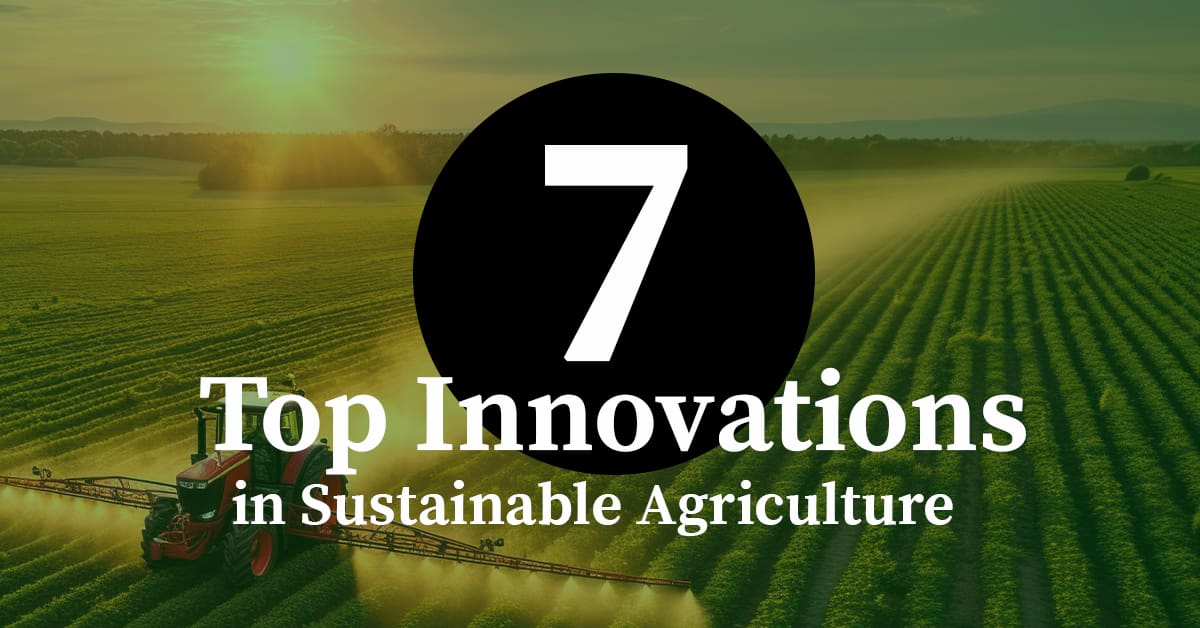 Jerry Duff, Mary Jane Duff, Gloverson Moro, Ph.D., Tony Pardo and Roger Salameh attended the World Agri-Tech Innovation Summit. Over 2,400 delegates from all parts of the value chain joined us in San Francisco and online from 49 countries around the world.
Jerry Duff, Mary Jane Duff, Gloverson Moro, Ph.D., Tony Pardo and Roger Salameh attended the World Agri-Tech Innovation Summit. Over 2,400 delegates from all parts of the value chain joined us in San Francisco and online from 49 countries around the world.
Here are five takeaways from the conference sessions.
- Data Standardization is critical for broader uses and analysis that could enable a global network of learnings, according to Ron Baruchi at AgMatix. Without better standardization, data preparation takes a lot of time to clean, which lessens time for modeling and useful insights.
- Collaboration and open data is the future, Baruchi went on to say. Silos of data are generated, but the key is sharing validated data with collaborators. A framework allowing more data sharing is important and improving. We need to generate trust and value to gain more data sharing across the industry. Knowledge transfer between the industry and farmers is a current gap and incredibly important moving forward.
- Adoption Process/Risk: The long adoption cycle of farmers contributes to higher risk for innovative technologies. Farmers are discriminating buyers of proven products. Deliver proven value to farmers, and they will adopt.
- Customer Success must be the Driver: Consolidation of gene editing and biological innovators are predicted, according to panelists discussing Consolidation and Roll Up Strategies in the AgTech session. How do you find the right companies? Bundling, pooling, and partnering to take risks together might be a path forward. The investor panel discussed how the culture must allow founders to execute faster and drive toward customer success. The challenge in roll-ups is to keep the entrepreneurial spirit with big company benefits. It’s difficult to execute but important.
- Transition to next gen of ag producers: Many U.S. family farming operations are in transition with an average age of farmers nearing 60 years. While the next generation is expected to be more technology driven, Venture Capital investors of innovations for agtech may not understand the adoption timeline in ag, according to panelists during the Outlook for AgTech Investing session.
Looking to compare to South America, the average age of Brazilian farmers has fallen to 46 years old. There many small farms are being combined to be more efficient and profitable. But at what cost? The 4.4 million family farms in Brazil are 85 percent of all agricultural operations but produce on less than 25 percent of the land. This family farm sector produces 70 percent of food consumed in the country.
As the investors and ag industry experts discuss and predict the future, all seem to agree the industry needs to continually adapt. We need to think differently moving forward. We need to adjust expectations to be realistic and ensure the proper development stages for new innovations lead to valuable tools for farmers to be more efficient, more profitable, and, of course, more sustainable.
AgriThority® has deep expertise in field trial design and protocols that have delivered results for novel innovations across the globe. To learn more about our Prescriptive Response Development Process, reach out to Gloverson Moro, Ph.D.
Working with AgriThority® not only improves your chances of successfully going to market, it also adds consistency, efficiency and many years of experience to your product and field development efforts. From start-up to established multinational, when you need to augment your development capabilities, add AgriThority® to your team.


